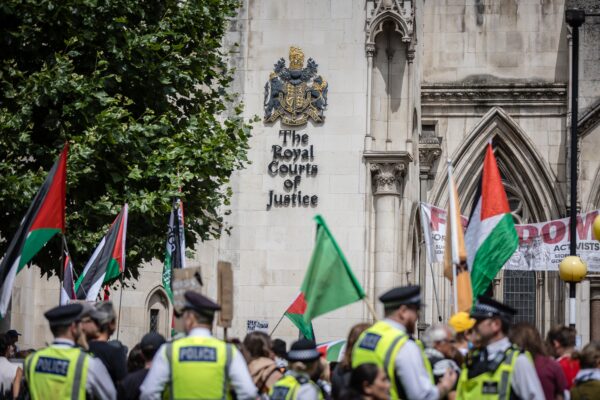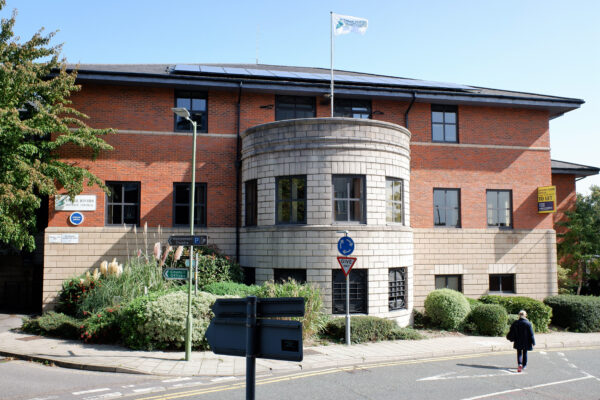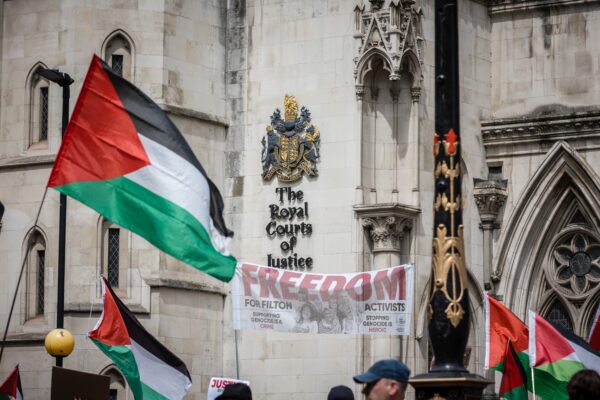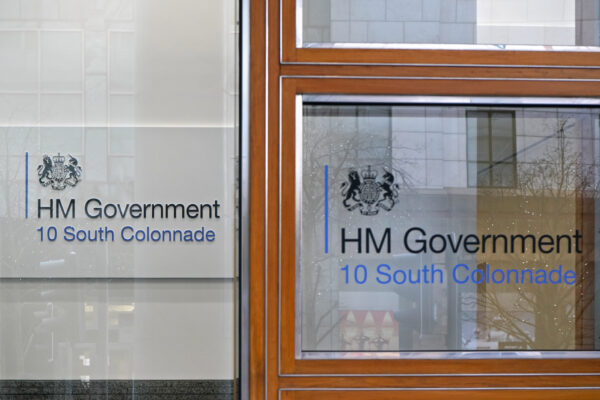Covid-19 Inquiry’s Module 2 Report finds “inexcusable” mistakes and delayed lockdown led to 23,000 avoidable deaths
25 November 2025

The National Covid Memorial Wall in London. Credit: Nicola Brook / Broudie Jackson Canter.
The Covid-19 Public Inquiry has published its second report investigating the government decision-making in the UK’s response to the pandemic, which determined that “inexcusable” mistakes and delays in imposing a lockdown led to approximately 23,000 avoidable deaths in the first wave leading up until 1 July 2020.
Baroness Hallett DBE, the Chair of the Inquiry, made 22 key findings about the emergence of Covid-19, the first nationwide lockdown, the second wave of the virus, and vaccination rollout.
Among these findings was that “the initial response to the pandemic was marked by a lack of information and a lack of urgency”, and that the “failure to assume there was asymptomatic transmission meant that decision-makers did not appreciate the extent to which the virus was spreading undetected”.
The Report made the stark finding that if the mandatory lockdown been imposed on 16 March 2020, the number of deaths in the first wave would have been reduced by 48%, equating to some 23,000 fewer deaths.
Baroness Hallett also made 19 recommendations, which include improving consideration of the impact that decisions might have on those most at risk in an emergency, and enabling greater parliamentary scrutiny of the use of emergency powers.
Garden Court North’s inquests and public inquiries’ team represent the Covid-19 Bereaved Families For Justice (CBFFJ) UK in eight of the Inquiry’s ten modules.
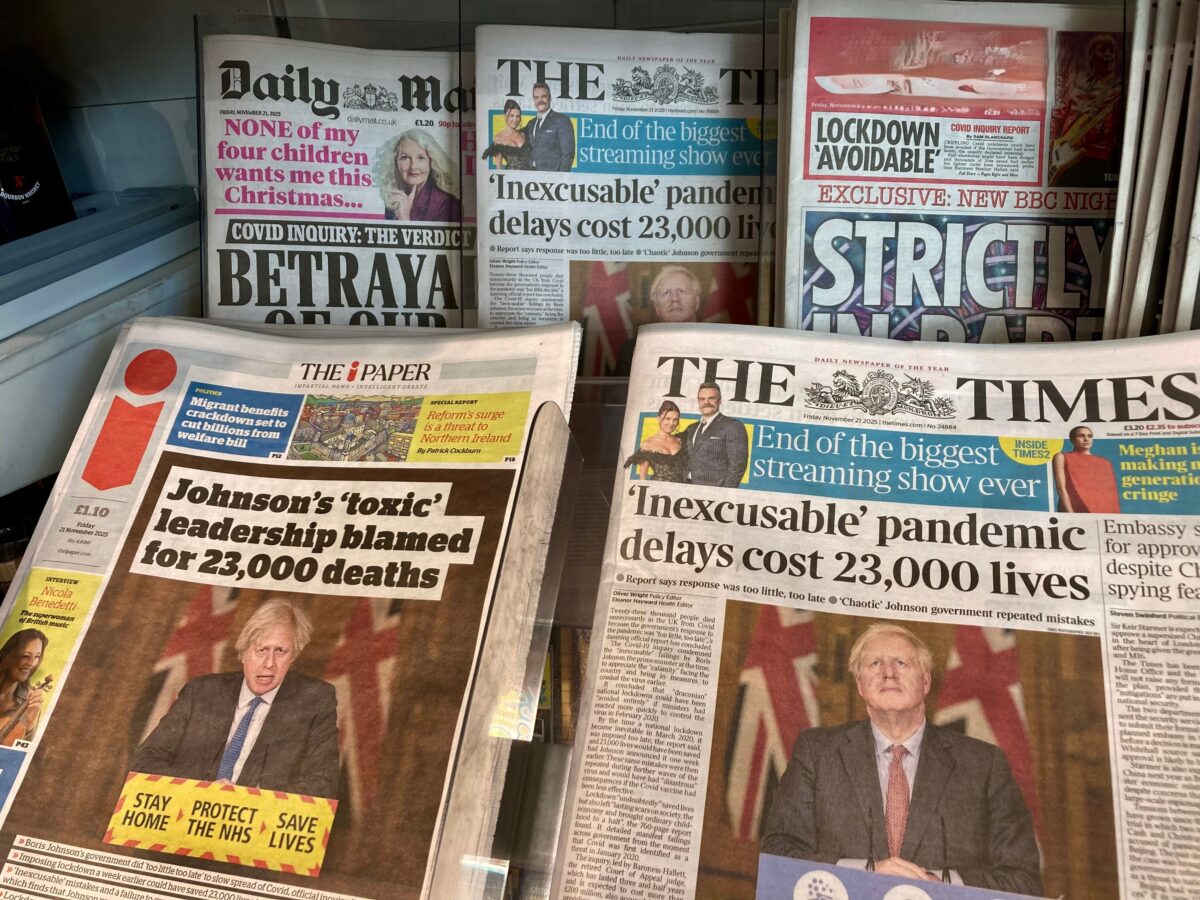
In response to Baroness Hallett’s findings, CBFFJ UK said: “The evidence from the Inquiry is clear, and while it is vindicating to see Boris Johnson blamed in black and white for the catastrophic mishandling of the pandemic, it is devastating to think of the lives that could have been save under a different Prime Minister. We now know that many of our family members would still be alive today if it wasn’t for the leadership of Boris Johnson and his colleagues.”
“To make mistakes is human. To refuse to listen to frontline workers, vulnerable people, the insights of devolved leaders or scientific experts is unforgiveable. The same arrogance that led those at the heart of government to hold parties while many of us died and grieved alone shaped the government’s approach to the pandemic, and led to the loss of life at an unprecedented, avoidable scale.”
“While we reflect and mourn what could have been, what extra years, days and hours we could have spent with our loved ones, we need to reflect on how we, the public, were left so vulnerable. We can’t just hope that we have better leaders in the future – the government must implement the safeguards recommended by the Inquiry immediately. Otherwise, we are no safer now than we were during the darkest days in living history.”
A ”toxic and chaotic” Government culture
Mr Johnson and other senior Government figures, who was questioned by Garden Court North’s Pete Weatherby KC during Module 2, received damning criticism in the report.
It pointed to a “toxic and chaotic culture” in central Government, overseen by Mr Johnson, who “repeatedly changed his mind on whether to introduce tougher restrictions and failed to make timely decisions” throughout September and October 2020. “The weakness of the restrictions used, and Mr Johnson’s oscillation enabled the virus to continue spreading at pace and resulted in a four-week lockdown.”
Former Health Secretary Matt Hancock “assured 10 Downing Street and the Cabinet Office that his dept was managing the crisis effectively. These assurances were later discovered to be unjustified”. Mr. Hancock was questioned by Garden Court North’s Anna Morris KC on behalf of CBFFJ UK during Module 2.
Garden Court North’s inquests and public inquiries team represent the Covid-19 Bereaved Families For Justice UK (CBFFJ UK), and are instructed by Nicola Brook from Broudie Jackson Canter.
Additional media
Covid-19 Public Inquiry – Module 2 Report: Core Decision-Making and Political Governance
Covid-19 Public Inquiry – Module 2 Report In Brief
The Guardian – Covid bereaved call for Boris Johnson to lose ex-PM benefits over inquiry report
The Independent – Boris Johnson could face legal action over pandemic failings after damning Covid inquiry report
For further information, please contact Alex Blair, Communications Manager at Garden Court North Chambers: ablair@gcnchambers.co.uk


